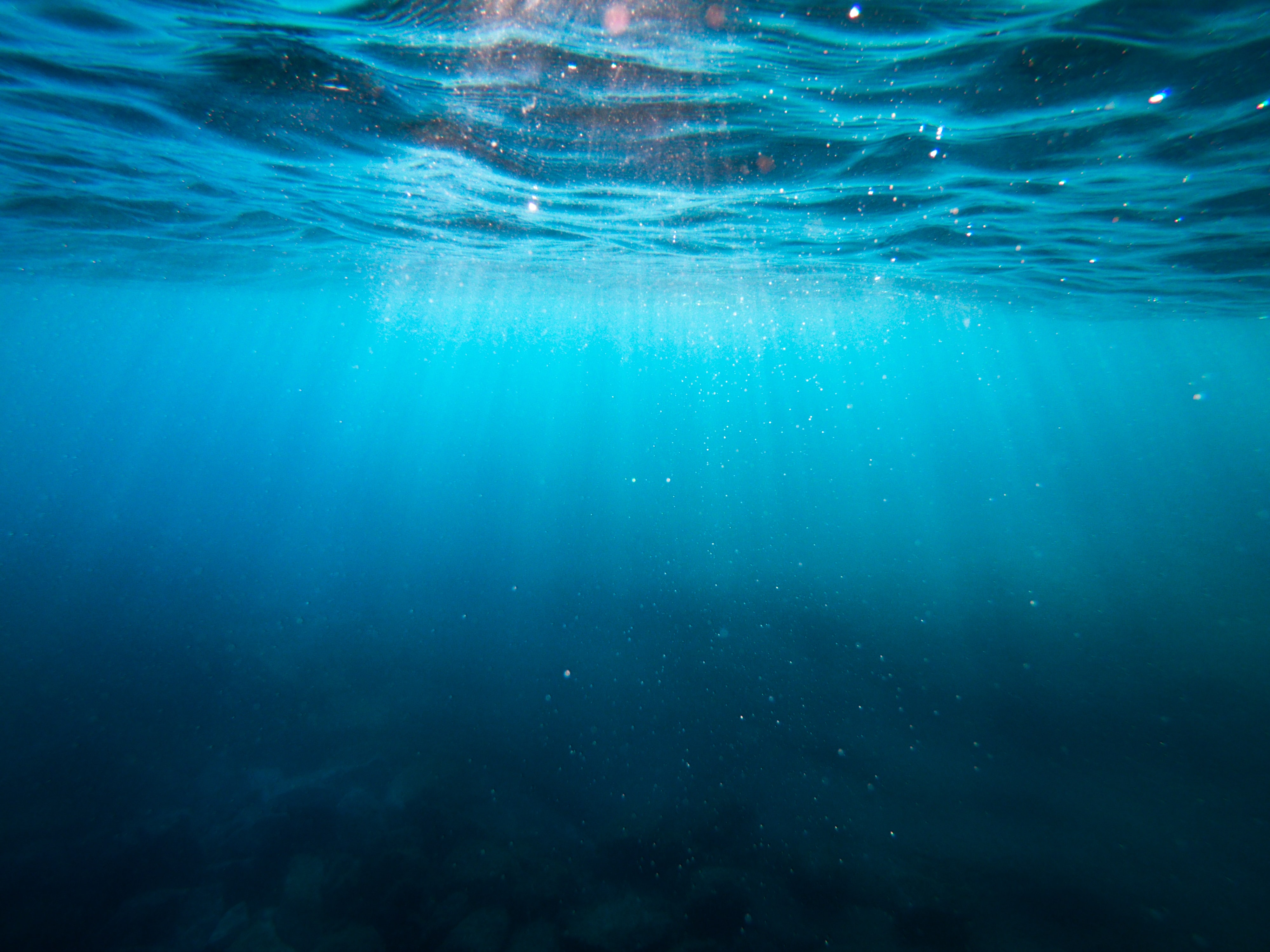The global ocean is an enormous reservoir of carbon and heat thus regulating Earth’s climate. The processes that move carbon from the atmosphere to the ocean are broadly referred to as ocean carbon pumps and include the solubility, carbonate, and biological pumps.
The biological carbon pump (BCP) refers to a series of processes by which biologically produced carbon is exported from the sea surface to the deep ocean, mostly through sinking of organic particles. Our current understanding of how productivity and the BCP will respond to climate change is weak but changes are expected to be consequential globally and for communities in Northwest North Atlantic (NWA).
 Photo by Cristian Palmer
Photo by Cristian Palmer
The NWA supports enormous spring blooms of plankton and important fisheries, and plays a critical role in the ocean’s BCP and climate regulation. There is concern that changes in ocean conditions due to climate warming will negatively impact both productivity and the BCP in the NWA, but we currently lack the measurements and models needed to determine how climate change will alter them.
Limited observations suggest that we may already be seeing a decline in the BCP in the NWA, but the changes seen over the last few decades are minor in comparison to what we expect with climate warming over the next decades to century. An enhanced understanding of the productivity and BCP in the NWA is therefore imperative.
This project brings together a team of oceanographic researchers, ocean engineers, social scientists, government, industry and Indigenous partners to develop and share new knowledge among these diverse constituencies. The four main project themes are aimed at:
In sum, new observational technologies and enhanced mechanistic understanding will support new high-resolution models and projections for the NWA. Social and natural scientists will collaborate to develop these projections into new metrics and frameworks for human rights, policy, and governance to help us respond to the challenges of climate change.
This project is supported by the Ocean Frontier Institute located at Dalhousie University and Memorial University of Newfoundland.